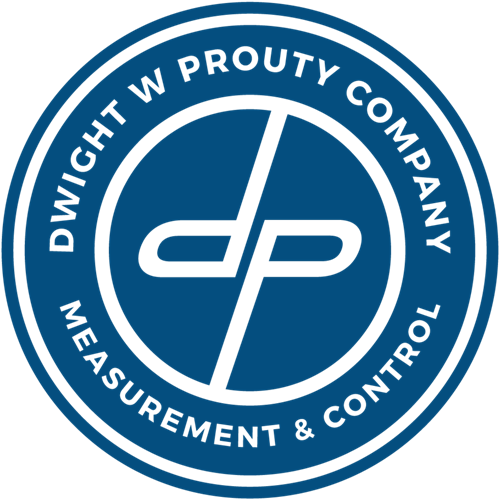B-1 / P-5 Rubber/Vibration Pipe
Brand: Red Valve Company, IncRed Valve’s Concentric and Eccentric Reducers and Reducing Expansion Joints are designed to allows simple connection of different sized pipes.
Reducing Expansion Joints also provide all of the benefits of a Redflex Expansion Joint.
Reducers can be used as pipe reducers or increasers, expansion joints, flexible connectors and vibration eliminators.
Redflex Reducers were designed to replace metal reducers in the pipeline.
Standard reducers have a smooth-walled reduction from flange to flange.
Reducing Expansion Joints are available in single, double and triple arches, in either open or filled models.
The multiple arches are used in applications where expansion or contraction will occur.
The advantage of an all-rubber reducer over a metal reducers is the flexibility and durability of the elastomer.
Filled reducers are usually used on slurry and abrasive applications to prevent the collection of material, which can settle in the arches.
Redflex Reducers eliminate noise and isolate vibration in the pipeline, reduce stress, eliminate electrolysis and protect against start-up surges. Concentric reducers save installation space and reduce costs.
Red Valve manufactures concentric reducers to meet your exact piping needs.
The flanges are designed to meet ANSI Class 125 drilling.
Redflex Reducers are available in a variety of elastomers to satisfy the chemical compatibility and temperature of the process fluid.
Piping systems must be anchored when using concentric reducers.
Standard control rods cannot be used to prevent overextension or elongation.
This is particularly of concern in larger diameter sizes, over 12”, where the smaller end joint control rods have a lever effect.
Special design control rods with backup plates may need to be engineered.
Contact Red Valve with your needs to see how we can provide a solution.
Features- Maximum flexibility
- Eliminates gaskets
- Absorbs fan vibrations
- Abrasion resistant
- Made in U.S.A.
- Alleviate piping stress, noise and vibration
- Permit axial compression, elongation, lateral and angular movement
- Are non-corrosive and abrasion-resistant elastomers
Specifications
Material of Construction
- Elastomer: Pure Gum Rubber, Neoprene, Hypalon
- Elastomer: Chlorobutyl, EPDM, Viton
- Control rods & Retaining Rings: Galvanized Steel, Stainless Steel
Drilled Flange
- ANSI Class 125
Pipe Diameter
- 1-1/2" to 12"

